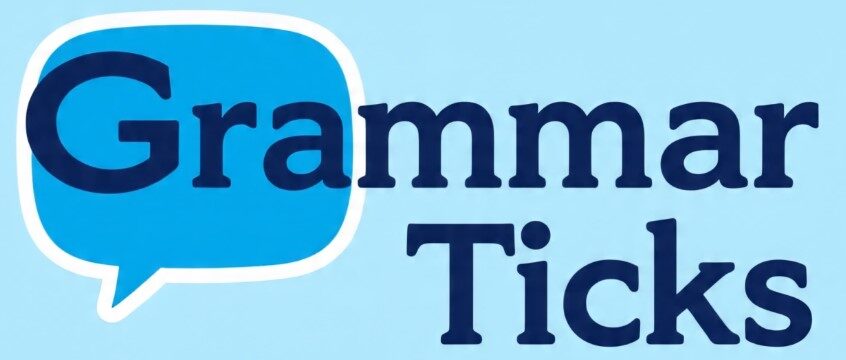When it comes to productive meetings, most teams fumble with wasted time, unclear agendas, and scattered outcomes. But not the St. Louis Cardinals. This iconic baseball franchise, known for its sharp strategy on the field, brings that same discipline and clarity into the boardroom. Their secret? A precise approach that hinges on clarity of purpose, strong communication, and the right use of language especially in how they ask a question, seek information, or handle official investigations during decision making sessions.
Let’s break down what the Cardinals get right and how you can too.
Define Product Management and Its Importance in Meeting Customer Needs
Product management is the strategic process of guiding a product from idea to market. It bridges customer needs, business goals, and technical capabilities.
Good product management ensures teams don’t just build something they build the right thing. This matters just as much in sports franchises as in tech companies. The Cardinals, for instance, use product management principles to align their fan experience, merchandise, and game-day operations with evolving expectations.
| Aspect | Description |
| Goal Alignment | Keeps team focused on shared outcomes |
| Voice of the Customer | Translates feedback into action |
| Cross-functional Work | Coordinates marketing, sales, and operations seamlessly |
| Measurable Impact | Tracks progress and iterates on data-driven decisions |
Structure Meetings with Purpose and Precision
Meetings without structure tend to spiral. The Cardinals start every session with clear agendas, defined roles, and a focused outcome.
This doesn’t mean turning meetings into stiff lectures. In fact, using a formal tone with conversational clarity is their key. Whether they’re handling an inquiry into team performance or making a roster decision, they know when to inquire professionally or simply ask a question.
- Start with objectives, not opinions
- Use time blocks for each discussion point
- Record decisions not just dialogue
- Set follow-ups with accountability
Master the Language of Questions
Not all questions are created equal. The Cardinals train their staff in the art of question phrasing because how you ask affects what you get.
In British English, the word enquire often refers to general questions, while inquire typically signals something more official or formal. In North American English, the distinction is blurred, but inquire is standard across both formal writing and business English.
| Term | Usage in US English | Usage in UK English |
| Inquire | Common in business writing and formal tone | Formal requests or investigations |
| Enquire | Rare; considered outdated or British | Casual questions or general queries |
| Inquiry | Refers to a formal investigation | Formal or official investigation (commission) |
| Enquiry | Informal or general question | Everyday usage for asking something |
So next time you’re drafting an email communication about a performance review, opt for: “I would like to inquire about yesterday’s meeting notes.” Not: “I wanted to enquire on the thing we talked about.”
Know Your Audience, Match the Tone
The tone of voice in writing can shape the entire outcome of a meeting follow up or project proposal. The Cardinals balance authority with accessibility. They adapt their writing style depending on who they’re speaking to a coach, a new player, or a media contact.
When dealing with police investigation reports or commission led reviews of stadium procedures, they keep it tight, objective, and direct. For team huddles or fan engagement? Conversational and warm. Knowing when to use a formal tone versus a relaxed one shows emotional intelligence and that’s key in business writing.
Understand Spelling Differences in English
Language can cause confusion especially when teams span across regions. Is it enquire or inquire? Do you follow the Canadian Oxford Dictionary or the American Oxford Dictionary?
Here’s the quick cheat sheet:
- Use inquire and inquiry in American English (and in the U.S.)
- Use enquire and enquiry in British English
- For Canadian English, both are accepted but inquire/inquiry is more common
| Region | Preferred Spelling |
| United States | Inquire / Inquiry |
| United Kingdom | Enquire / Enquiry |
| Canada | Inquire / Inquiry |
| Australia/New Zealand | Enquire / Enquiry |
Even though the Cardinals are U.S.-based, they work with international partners. Their grammar standards follow American English grammar rules, but they’re aware of global usage.
Writing Tips from the Cardinals’ Playbook
Great meeting notes and follow ups read like clear, respectful conversations not legal memos. Here’s what the Cardinals do behind the scenes:
- Keep emails short but informative
- Avoid jargon unless everyone understands it
- Use contractions (don’t, won’t, isn’t) to sound human
- Always match the email tone to the recipient
- Double check words like inquire or enquire depending on audience
They’ve even built a glossary of proper words for formal requests, so team members don’t trip over wording in front of press or sponsors.
FAQs
Is “enquire” used in the U.S.?
No, it’s rarely used. Inquire is the preferred form in American English.
What’s the difference between “inquiry” and “enquiry”?
“Inquiry” usually refers to a formal investigation, while “enquiry” is more casual.
How do I use “inquire” in business writing?
Use it to seek information formally, like in emails or reports.

